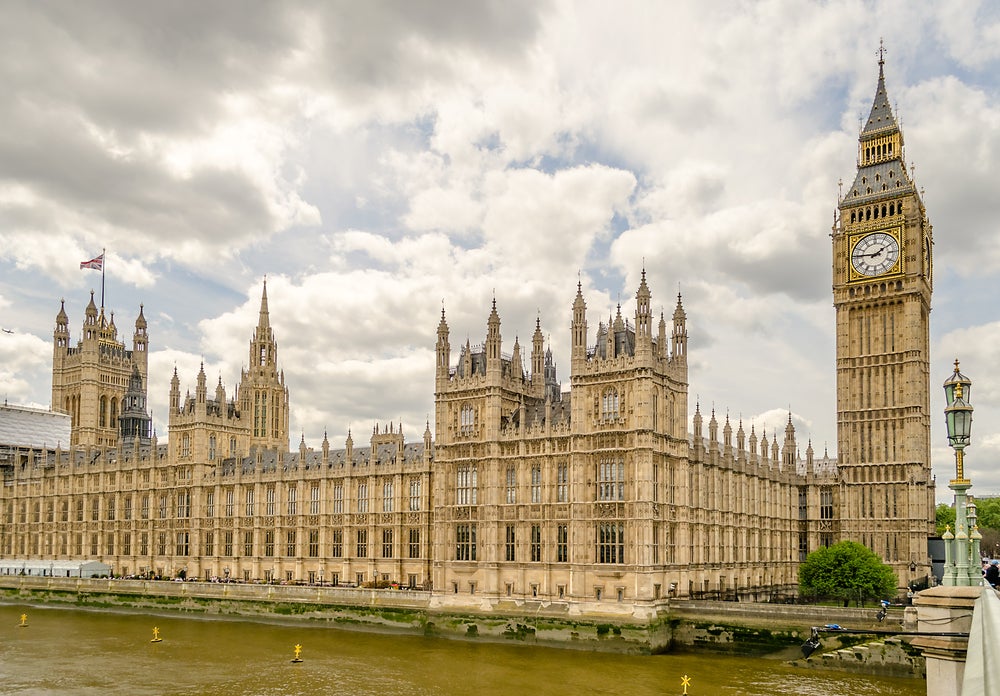
A proposed code of conduct for social media giants to tackle fake news and illicit material should be enshrined in law, the Tory MP leading the parliamentary ‘fake news’ inquiry has said.
Damian Collins, chairman of the Culture, Media and Sport Committee, said plans for a code of conduct were “an important first step”.
He also called for social media companies such as Facebook and Twitter to face greater obligations to act on complaints of harmful or misleading content on their sites.
His comments came as MPs debated Lords amendments to the Digital Economy Bill, which includes a range of measures to tighten up regulation around online pornography, ticket touts and broadband speeds.
Collins said: “I think it would be interesting to consider after the election… the role for a broader obligation that could be placed in statute on these companies, linked to a failure to act whereby if someone has referred to that company evidence of harmful content, misleading content, illicit material that has been distributed on that site, where it has been reported to the company and they have failed to act against it, there’s some sort of measure of redress against them as well.”
Earlier, digital minister Matthew Hancock outlined a Government amendment to provide a code of practice to protect online users and set out the behaviour expected of social medial companies.
He told MPs: “The code is intended to give guidance for how social media providers should respond to harmful behaviour such as bullying.
“There’s good work being done by some companies to prevent the use of platforms for illegal purposes, and potential criminal conduct, where reported to the police, will continue to be liable to investigation, as with any other offence.
“We already expect social media providers to work closely with law enforcement in relation to potential unlawful activity taking place on their sites.
“But other uses of social media might be cruel, or upsetting, or insulting, but nevertheless illegal.
“There’s more that can be done to tackle online abuse like bullying and other serious issues which face our children and young people.”
Conservative former minister Claire Perry said companies should stop their “slightly shoulder-shrugging” approach of saying they would comply with things made illegal.
She said this is not a way for companies to “build confidence in your platform”, adding: “Time is running out for companies like Facebook to say ‘we’re really sorry a photograph of a man hanging his 18-month old baby, a video, was on the internet’.
“If they can be so clever as to make an advert for a specific colour of shoes follow me around the internet, because I have browsed it once, almost in perpetuity, I think they have pictorial and IP addressing technology… I think industry out there is stuffed with very clever people who could make this happen if they wanted to.
“They should stop looking for individual or collective governments to try and force them to do so.”
Tory MP Nigel Huddleston said his previous employer, Google, and other major internet companies “do a lot of good but they also need to take their responsibilities far more seriously than they have of late”.
He suggested they take the lead and spend millions or billions of pounds to ensure they have a system in place to judge the “appropriateness” of online content.
But MPs from all parties should work in the next Parliament to make sure if the companies “don’t act themselves then we will take action for them”, he said.
The scale of “inappropriate content” online was huge, he went on, telling the Commons: “Every single day Google removes 200,000 videos that have been flagged as inappropriate – 92 million videos have been removed by Google for being inappropriate on You Tube last year.
“That is from 14 million the year before. Clearly they are being active and the other social media platforms, particularly Facebook and Twitter are being somewhat active.
“But I think we have to send a message, very loudly and very clearly, certainly when we look at the social media code of conduct that they are doing something they are not doing enough.
“If that means they have to spend millions, tens of millions or billions working on making sure that we, our children and our families are protected and can operate online in safety then so be it.”
MPs agreed to amend the Bill to include a code of practice for providers of online social media sites.
Press Gazette has launched a campaign calling on Facebook and Google to stop destroying journalism and pay more back to the UK news industry, on whose content it relies.
Email pged@pressgazette.co.uk to point out mistakes, provide story tips or send in a letter for publication on our "Letters Page" blog







